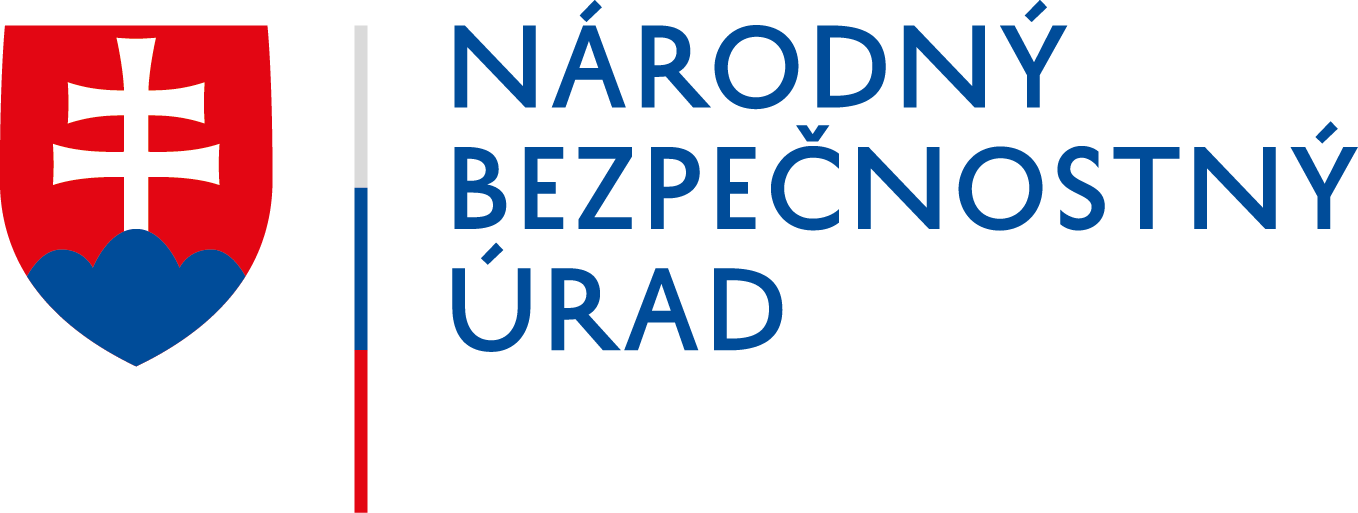Social Media Platforms
Have your family, friends and community follow these tips to safely enjoy social media:
- Privacy and security settings exist for a reason: Learn about and use the privacy and security settings on social networks. They are there to help you control who sees what you post and manage your online experience in a positive way.
- Once posted, always posted: Protect your reputation on social networks. What you post online stays online. Think twice before posting pictures you wouldn’t want your parents or future employers to see. Recent research found that 70 percent of job recruiters rejected candidates based on information they found online.
- Your online reputation can be a good thing: Recent research also found that recruiters respond to a strong, positive personal brand online. So show your smarts, thoughtfulness and mastery of the environment.
- Keep personal info personal: Be cautious about how much personal information you provide on social networking sites. The more information you post, the easier it may be for a hacker or someone else to use that information to steal your identity, access your data or commit other crimes such as stalking.
- Know and manage your friends: Social networks can be used for a variety of purposes. Some of the fun is creating a large pool of friends from many aspects of your life. That doesn’t mean all friends are created equal. Use tools to manage the information you share with friends in different groups or even have multiple online pages. If you’re trying to create a public persona as a blogger or expert, create an open profile or a “fan” page that encourages broad participation and limits personal information. Use your personal profile to keep your real friends (the ones you know and trust) up to date with your daily life.
- Be honest if you’re uncomfortable: If a friend posts something about you that makes you uncomfortable or seems inappropriate, let them know. Likewise, stay open minded if a friend approaches you because something you’ve posted makes him or her uncomfortable. People have different tolerances for how much the world knows about them respect those differences.
- Know what action to take: If someone is harassing or threatening you, remove them from your friends list, block them and report them to the site administrator.
Protect Yourself with these Tips:
- Keep security software current: Having the latest security software, web browser and operating system is the best defense against viruses, malware and other online threats.
- Own your online presence: When applicable, set the privacy and security settings on websites to your comfort level for information sharing. It’s OK to limit how and with whom you share information.
- Make your password a sentence: A strong password is a sentence that is at least 12 characters long. Focus on positive sentences or phrases that you like to think about and are easy to remember (for example, “I love country music.”). On many sites, you can even use spaces!
- Unique account, unique password: Having separate passwords for every account helps to thwart cybercriminals. At a minimum, separate your work and personal accounts and make sure that your critical accounts have the strongest passwords.
- When in doubt, throw it out: Links in e-mail, tweets, posts and online advertising are often how cybercriminals try to steal your personal information. Even if you know the source, if something looks suspicious, delete it.
- Post only about others as you have them post about you. The Golden Rule applies online as well.
(Author: National Cyber Security Alliance, published under Public License)
First publication . Last update





